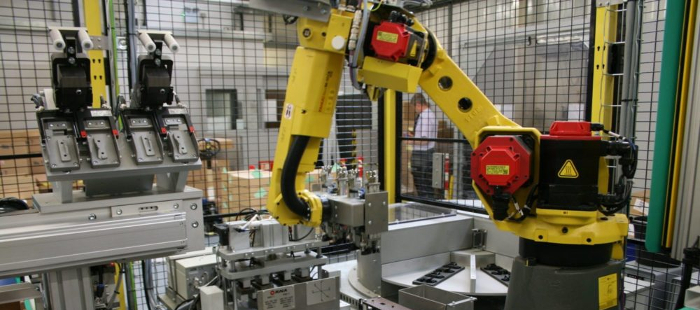
In recent years, we have seen a steady increase in the number of companies investing in automation. The advantages are obvious to most businesses, increased efficiency and productivity with reduced costs. However, the growth of automation raises several questions about the future of the workforce. To what extent can automation replace humans? What will the value of automation be in the future? Can automated machines ever be as good as a skilled human worker?
Will automation replace humans?
Technology has always eliminated jobs. However, the last industrial revolution created many jobs, although many craftsmen were suddenly far less relevant. The predictions for job losses of the new industrial revolution vary greatly. This is predominantly because no one can accurately predict the impact it will have. Some people say it will have a very limited impact, as automation won’t replace jobs, it will just replace repetitive and dangerous tasks, allowing human workers to concentrate on more important things.
Others believe technology will replace the need for humans in the vast majority of manufacturing processes across all sectors. However, the implementation of technology creates new roles and new jobs. One study from Gartner Research suggests that for 1.8 million lost jobs in manufacturing, 2.3 million new jobs would be created in related sectors.
The truth is, we won’t know the real impact of automation until it happens, but in sectors where it has been implemented so far, new companies appear to service the changing needs of the manufacturers. In addition to this, the companies themselves have new positions to be filled. The human workplace is definitely going through a period of accelerated evolution, but it doesn’t look like we’re anywhere near being redundant just yet.
Will automation improve sectors?
The benefits of automation are well documented. It makes companies more efficient and profitable. It reduces errors. Automation and AI can add a completely new layer of analytics and awareness to the processes. This can be useful for fine-tuning processes to increase efficiency on the factory floor, as well as in the boardroom when bigger decisions are being made.
Can automation ever be as good as a skilled human?
The most successful companies will leverage technology and humans in a way that maximises their strengths. The need for creative thinking, leadership, problem resolution, initiative, and teamwork will still be there. However, the need to perform dangerous or repetitive jobs should greatly reduce.
What does this mean for the future?
The workplace in most sectors is changing. Nobody can accurately predict what the average manufacturing business will look like in 30 years. This means the modern workforce must be adaptable enough to allow companies to move with the times. In some cases this will mean retraining, in others it will just be a reduction in the number of duties employees have, allowing them to spend more time on the tasks better suited to humans.
Keeping up with the change is the challenge facing today’s workforce. With an open mind, a decent employer, and access to the right resources, automation and AI can help humans improve the quality of our lives further.
